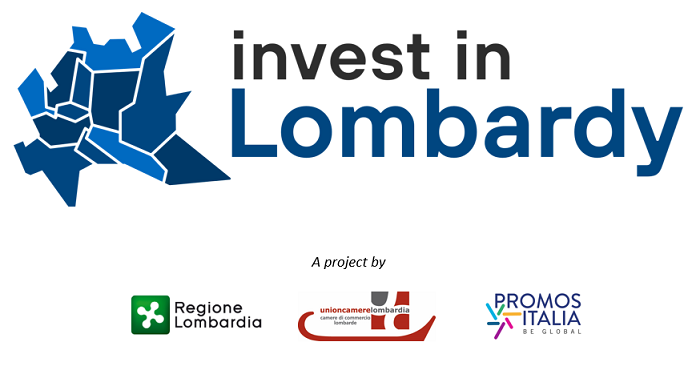The latest edition of the now traditional HR Breakfast by De Luca & Partners was hosted in Milan, at Palazzo Affari ai Giureconsulti, Piazza dei Mercanti, on September 8, 2016, and held in collaboration with Promos – Invest in Lombardy. Representatives from the Department of Economic Development of the Lombardy Region, Assolombarda and the American Chamber of Commerce also took part in the meeting.
In addition, due to the topic on agenda, the event welcomed the participation of directors, general counsels, HR managers and a number of lawyers specialised in employment law hailing from the main countries in Europe, among which Germany, France, Spain, UK and Switzerland. The HR breakfast has also been open in streaming through a live webinar.
Speakers Vittorio De Luca and Robert Chiaravalli, employment law lawyers in Milan and Detroit respectively, discussed the theme “Dealing with unions in the USA and in Italy – Different jurisdictions and different approaches”.
The analogies and differences between the Italian and American systems of industrial relations have been covered in depth, with particular focus on recent legislative news and future developments.
“The Italian and American systems of industrial relations are complex. There are many shared characteristics with a few differences. We need to eliminate malfunctions and enhance the efficiency. The Italian and American systems of industrial relations can influence each other just as we can reciprocally gain useful ideas from both of them,” said Chiaravalli.
Among the differences between the two systems, the first is the rate of union membership: in the US, it is just 7% while in Italy it is almost 35%. Nonetheless, the negotiation power of the US union is significant, also because employees are obligated to join the union present in the company.
Another differentiating element between the two systems is represented by the negotiation level.
In fact, although a progressing bargaining decentralization is taking place, the national collective bargaining agreement is still holding a position of primary importance within the Italian regulatory system, since it applies to more than 80% of the employment relationships in force.
On the contrary, in the United States, the most common collective bargaining form is the corporate one, while there are only few national collective agreements in place.
In addition, contrary to what happens in Europe at times, US unions take a natural “pro-business” approach that rarely brings them to hold an ideological position.
Indeed, in the United States, there are hundreds of thousands of unions but there is only one official union per company that is authorized to negotiate with the employer to protect workers’ interests.
The speakers also focused on discussing the consequences originating from the differences between the two systems as well as the different methods used to face union negotiations.
As a result of the analysis, it was clear that both in the United States and in Italy, corporate development cannot depart from taking into consideration human resources as a main asset of any structured economic entity and from maintaining healthy relations with the related unions. In both cases, underestimating union relations could be costly and difficult to resolve.
Written by Vittorio De Luca – De Luca & Partners


